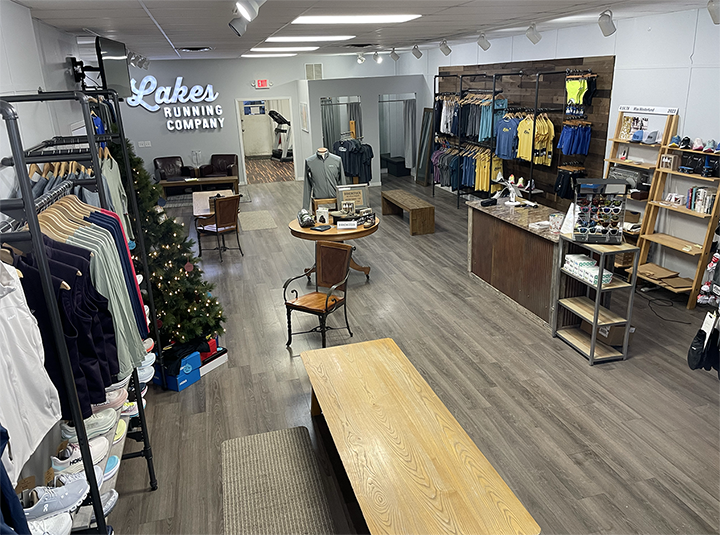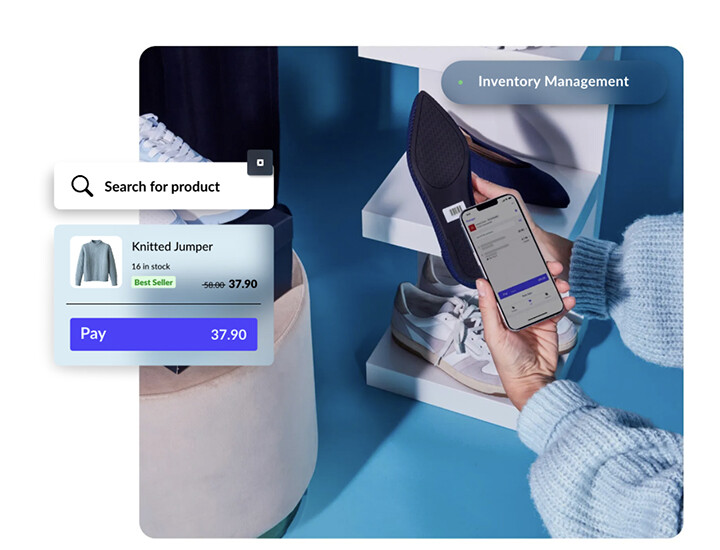Being green can mean many different things for apparel brands looking to minimize their carbon footprint. While the push for sustainability has been significant in the running industry, it will still likely take a bit more before many brands can fully integrate eco-friendly practices into every aspect of their business.
So, how can runners be sure the brands they are shopping are making an impact now? For starters they can ask Mizuno, the running brand that will be integrating eco-friendly and bio-based materials into its entire product line by the end of the year.
Mizuno began shifting its product line in 2021 with the release of its Fall/Winter collection, where it introduced recycled and bio-based materials. Now, the company plans to have all of its North American products be bio-based by June of this year.
“At the end of the day, people want to buy products they feel good about,” says Tina Danforth, product manager–running footwear and apparel.
Mizuno ensures customers can feel good about its running products by partnering with companies that source sustainable materials, such as Arkema, which produces a range of eco-friendly materials comprised of castor oil beans, and Bloom, a company that produces algae-based sustainable materials that will soon be introduced in Mizuno’s running shoes.
Partnerships are big for Mizuno this year, as the brand has re-signed with the National Forest Foundation to contribute to the organization’s mission to preserve the health of the country’s forests and grasslands. The partnership will help the National Forest Foundation plant trees for every dollar spent. Runners can likely expect more news of the partnership from Mizuno later this year.
In addition to more bio-based products and expanding partnerships, Mizuno has taken an extra step with its shoeboxes, now more sustainable by making them fully recyclable and undyed.
“I think everybody wants brands to be more sustainable,” says Danforth.
Mizuno’s new shoeboxes will not only be recyclable, but they will also feature a unique QR code that takes customers to a landing page where they can track the brand’s sustainability goals and conservation efforts. The change in shoeboxes is not just intended for customers — they were created with retailers in mind as well.
The goal was to make shoeboxes that retailers can easily dispose of in bulk because often they are left with a bunch of leftover shoeboxes and can’t properly get rid of them if they aren’t recyclable. Mizuno’s new shoeboxes will help retailers decrease their carbon footprint, too.
Mizuno firmly believes that by helping retailers become more sustainable they in turn become more attractive to their customers. As consumers increasingly become more conscious about the products they shop, both running brands and retailers can benefit from more sales by promoting sustainability within stores.
“It will contribute to repeat business. It’s a good morale feeling for customers,” says Danforth.






